
By Justice OHENE-AKOTO
Ghana’s energy security cannot be achieved through short-term fixes. It requires fairness, transparency, and deep structural reforms in how the country engages with Independent Power Producers (IPPs).
The country’s total dependable power generation capacity stands at approximately 5,211 megawatts (MW), against a national peak demand of 4,073 MW. Of this, IPPs contribute about 2,362 MW — representing 45.3 percent of the country’s dependable generation capacity.
This contribution is not only significant; it is indispensable. Nearly half of the electricity that powers homes, industries, and critical services such as hospitals comes from IPPs. Yet, many of these producers are struggling to stay afloat due to persistent underpayment by the state.
Unless this imbalance is resolved, the nation risks returning to another round of power instability — this time caused not by a lack of capacity, but by the financial collapse of the very companies keeping the grid running.
Mounting debt, growing risks
The government currently owes IPPs billions of dollars, and despite repeated restructuring efforts, consistent payment remains a challenge.
In May 2024, IPPs threatened to suspend negotiations over arrears, citing government’s failure to honour agreed payment schedules. The Electricity Company of Ghana (ECG), the main off-taker, reportedly struggles to remit the required US$70 million monthly to IPPs, compounding the financial strain.
Past incidents underline the risk. In October 2024, Sunon Asogli Power Plant temporarily shut down operations due to unpaid debts, disrupting national power supply. Similarly, in July 2024, Bloomberg reported a major dispute involving two IPPs over arrears, reigniting fears of power cuts — a threat that still looms.
Reactive measures, not reforms
Policy responses so far have largely been reactive. Government’s renegotiation of one IPP agreement, projected to save about US$300 million, has been welcomed. However, the relief is modest when compared with the sector’s total debt of US$3.1 billion as of March 2025 — a figure projected to exceed US$9 billion by 2026 if systemic reforms are not implemented.
To secure Ghana’s energy future, there must be a long-term, fair repayment and restructuring plan that clears accumulated arrears and ensures predictable payments. IPPs must be treated as essential partners in national development, not as expendable contractors.
Reforming power purchase agreements
A major source of the problem lies in the country’s power purchase agreements, many of which were negotiated through non-transparent bilateral arrangements with ECG. These deals often lock the country into costly, inflexible contracts that strain public finances.
Experts argue that a competitive, market-driven procurement process would enhance transparency, efficiency, and value for money. This calls for a comprehensive reform of the power purchase framework — one that ensures fairness to investors while protecting consumers from unsustainable costs.
The dual edge of dependence
Ghana’s dependence on IPPs remains both a strength and a vulnerability. While the nation benefits immensely from their investment and operational reliability, the sector’s fragility means that any financial distress among producers could cripple the entire grid.
If IPPs are forced into insolvency due to chronic underpayment, the consequences will ripple across the economy — leading to power outages, industrial downtime, and waning investor confidence.
A call for transparency
The Africa Sustainable Energy Centre (ASEC) has therefore called for urgent government accountability and public disclosure on:
- The composition of the committee or entities responsible for managing and disbursing payments to IPPs.
- The current structure of payments, including timelines and mechanisms to ensure funds reach producers.
- The breakdown of owed amounts to each affected IPP.
Conclusion
Energy security is not merely about meeting immediate supply targets. It is about ensuring the financial sustainability of those who generate the power.
Treating IPPs fairly is not a concession — it is a strategic necessity for Ghana’s long-term stability, economic growth, and investor confidence in the energy sector.
The post The energy security threat: Why Ghana must treat IPPs fairly appeared first on The Business & Financial Times.
Read Full Story
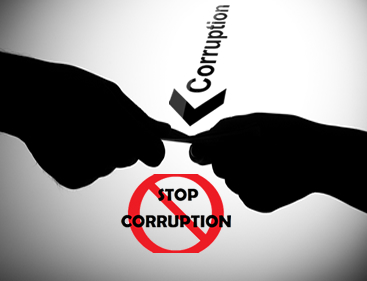


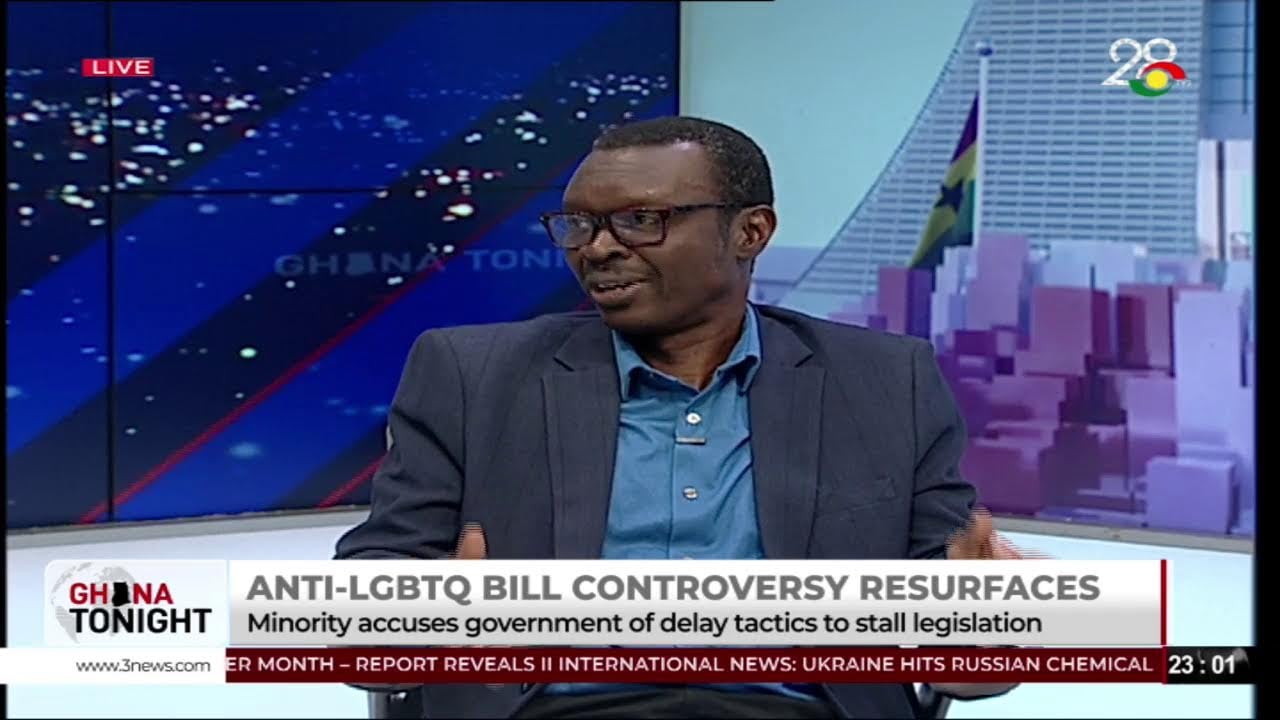


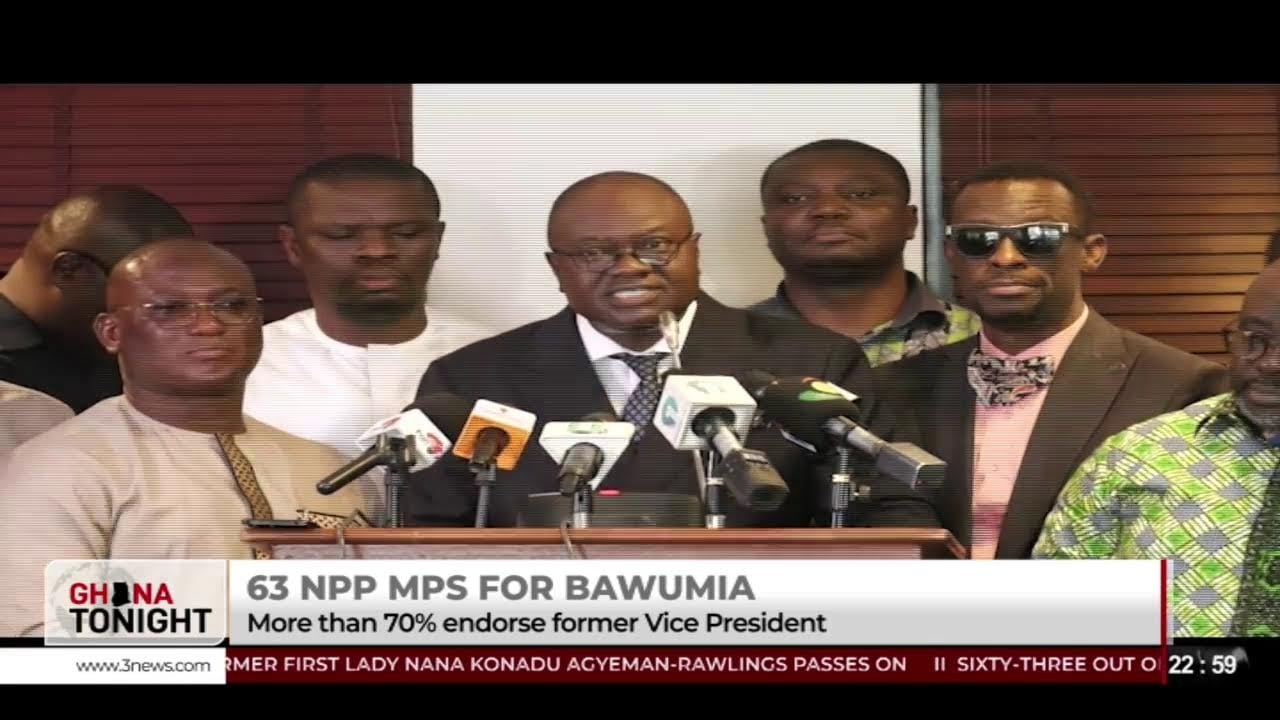
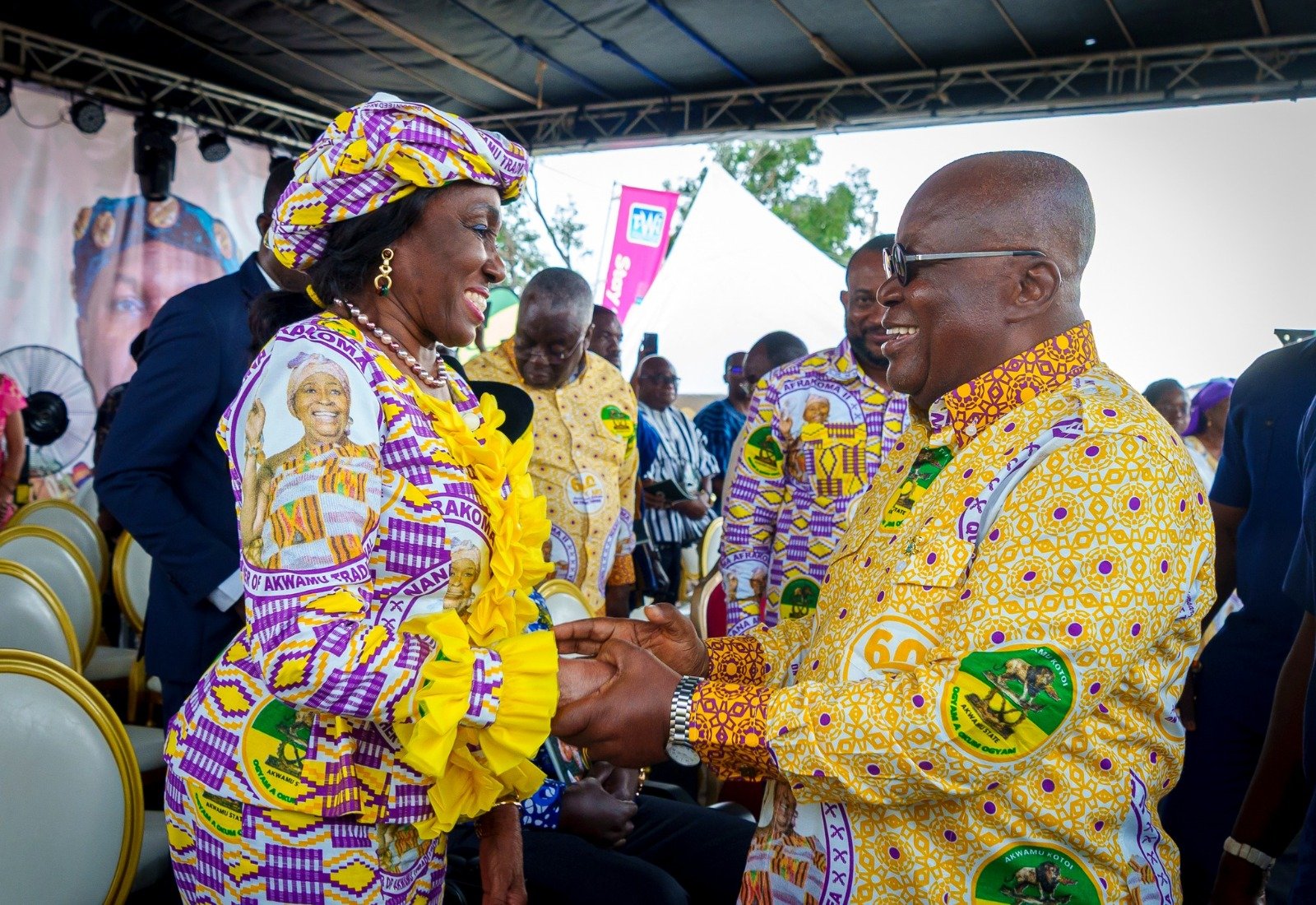


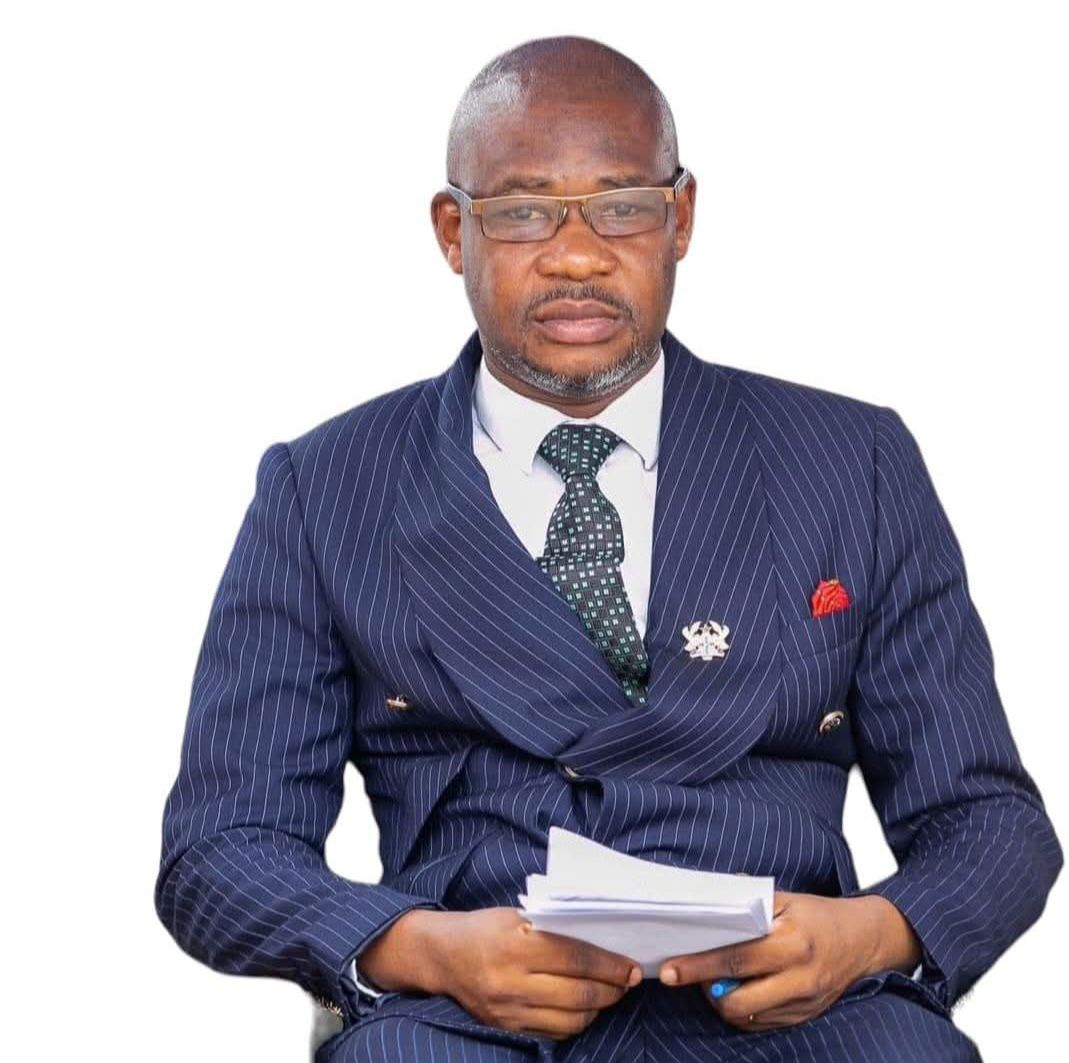
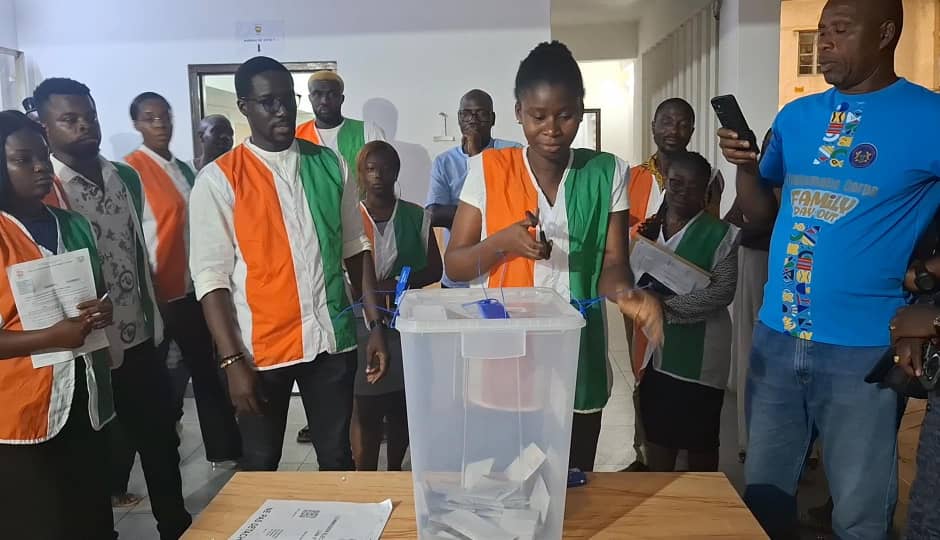






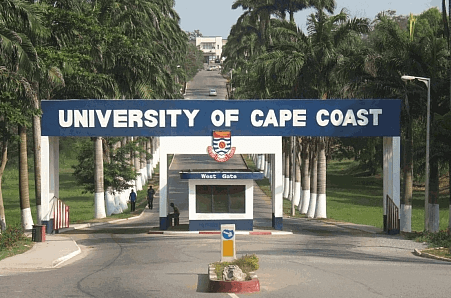
Facebook
Twitter
Pinterest
Instagram
Google+
YouTube
LinkedIn
RSS